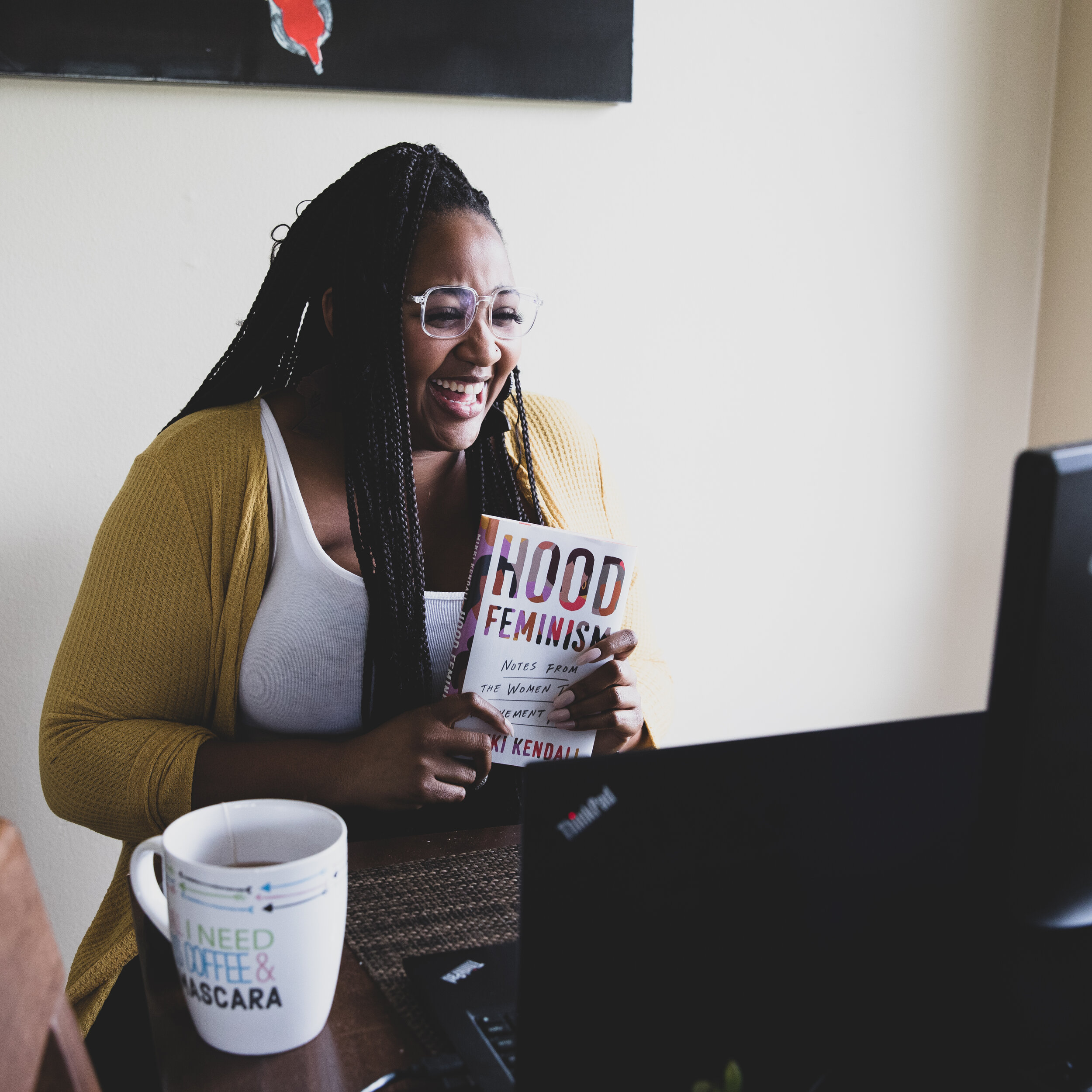YWCA - Andriana Alexis
Andriana Alexis - YWCA
Andriana Alexis - Interview Transcript
It was an interesting process to think about we how we move our systems online. Like what, how do we focus and strategize about what, what we gonna say and how we're communicating to the people that we're talking to all the time. So much of our work as fundraisers is like sitting one on one with people, going in person having conversations about our work, asking people to come to us in our sites and see what's happening in real time. I mean you can't do that, right? And so all of the time you spend building a relationship with people and getting to know and connect with people that happens in physical presence and in physical space. Now it's not an option. And so we're thinking to ourselves, okay, so what's, what's second best? What's the next best thing we can do? Especially when so many people are like, we understand there's this giant pandemic happening. How can we also help and get organized?
We kept our domestic violence shelters open because in our world, stay at home doesn't always equal, stay safe. And so, um, it was super important to us to make sure that we were getting awareness out, that our DV shelters are still open. And so if there is somebody who is experiencing domestic violence or needs this shelter in place somewhere safe, that we will provide that space for them. And that was one of the ways that one of the conversations of like, what does that look like and what does that mean in accordance to the CDC and the governors being made to stay at home. Um, and that became a big conversation in the community that we saw a bunch of shelters having. And we are, we are grateful to be a part of that conversation also because so much of our work is that just figuring out ways to make sure women and families can be safe in there, in their day to day lives.
We know that right now there was a direct impact with the health pandemic to our communities that we serve to YWCA program participants. And so we're focused on meeting that need and making sure that our services can continue to run to support those people who need, who have those needs. And also we understand that as this goes on, as this pandemic continues to go on, more people will need support and we'll be looking for help and services that we provide. And so we're also want to make sure that, we're finding ways and being proactive about having enough resources to support the next wave of need that is caused by this pandemic.
What does it look like to have people organize in place? Organize from right where you are. Um, so some of the big things that we talked about of ways to do that was to engage in advocacy. So right now we're working with our advocacy folks to talk about how do we extend, um, the initiatives for not evicting people and for rent forgiveness and things like that. Or to, um, share resources if you come across things that people can use or that are opportunities for people to get help and support if they are needing support, given what's happening with this pandemic or to join a book club and keep a conversation about race, social justice, well in present, given how we're seeing people respond to their fear around this virus and how they're treating people because of that. Um, so those are just some of the ways that we've been thinking about how we can pivot our work. Um, and I have our supporters still connect with us and support our work, but do it from where they're at. And so another way you can organize in place is to,
And so another way you can organize in place is to, um, go through your household items during your spring cleaning and figure out things that you might be willing to donate to YWCA shelters or day centers that we can use those donations to support program participants in our services.
So not only are we asking folks to do this, but one of the things that we are also doing as a team and as a community is doing it ourselves. And so I've been going around my house figuring out one of the things I don't need or don't wear anymore that I can get rid of or, um, the, on the fundraising team at YWCA, we have a mini book club. And the book that we're reading right now is Hood Feminism, Notes From The Women That a Movement Forgot. So we're having a conversation about feminism and women of color and what that looks like in our community. Um, and then another thing that we're also doing is that we have a running thread about sharing resources. If somebody needs help, we just put the resource in our thread and just make sure that people can see it and get it and access it. And we're also challenging all of our personal independent networks to do the same thing.








